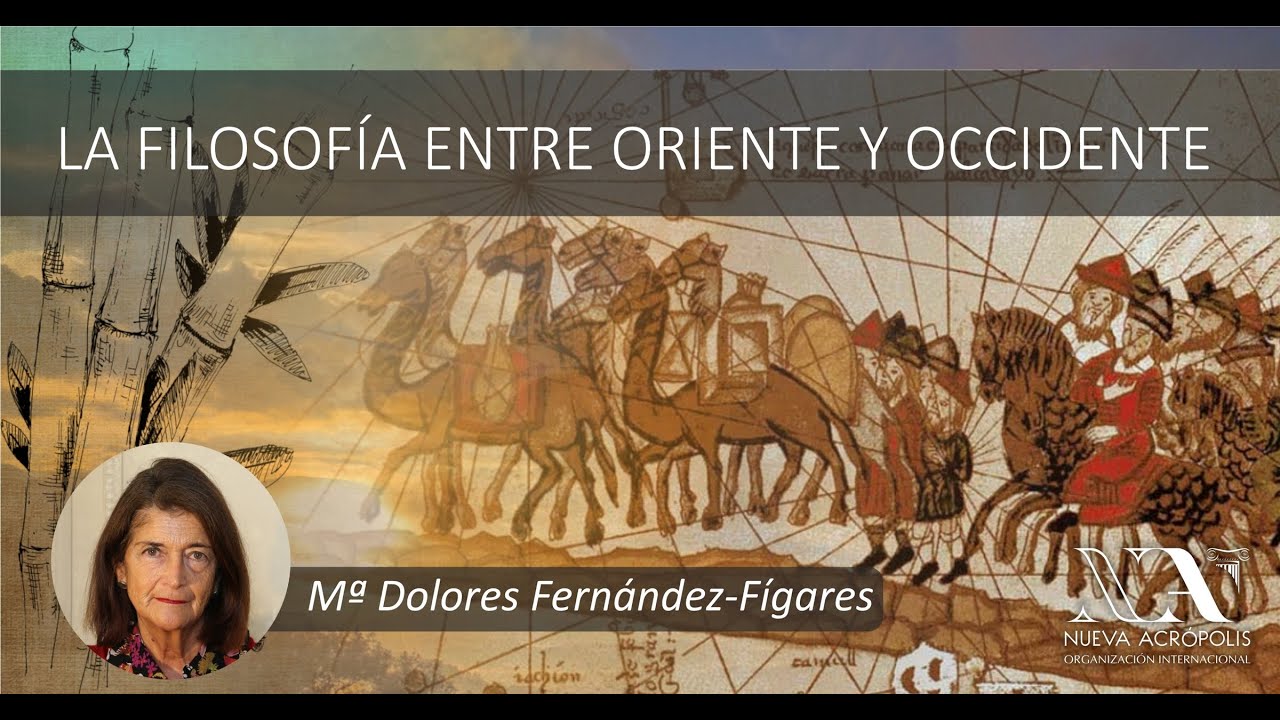Eastern Philosophy vs Western Philosophy
Summary
TLDRThis script explores the philosophical differences between Eastern and Western thought, rooted in historical, geographical, and cultural contexts. It delves into the contrasting views of reality and progress, highlighting figures like Einstein and Tagore, and examining the impacts of climate, terrain, and agriculture on shaping these philosophies. The script contrasts Eastern emphasis on spirituality and acceptance with Western focus on materialism and change, reflecting on how these perspectives have influenced societal values and individual attitudes towards life.
Takeaways
- 📚 The conversation between Tagore and Einstein highlighted the fundamental difference in Eastern and Western perspectives on reality, with Einstein favoring objective reality and Tagore emphasizing subjective interpretation influenced by quantum physics.
- 🌏 Eastern and Western philosophies diverge in their approach to heroism, with Western heroes typically seeking to change the world and Eastern heroes focusing on self-improvement and acceptance of fate.
- 🏛 Western philosophy, rooted in ancient Greece and Rome, tends to be more pragmatic, valuing physical well-being, science, technology, and individualism.
- 🌄 Eastern philosophy, with its origins in Indian and Chinese civilizations, is more spiritual, community-oriented, and focused on mental well-being, happiness, and spirituality.
- 🛶 The geographical terrain and climate influenced the development of these philosophies, with Greek reliance on trade and navigation contrasting with Eastern reliance on agriculture and rivers.
- 🌾 The importance of farming in Eastern civilizations contributed to a fatalistic view of life, where people were more inclined to accept their circumstances and adapt to nature's cycles.
- 🚢 The Greek need for trade and navigation led to a more open-minded approach to ideas and a focus on rational discourse, which fostered the development of sophisticated sciences.
- 🏞 Eastern philosophies, like Taoism and Buddhism, promote a harmonious existence with nature and emphasize the interconnectedness of all living beings, unlike the Western view of humans as separate from the animal kingdom.
- 🧘♂️ Eastern practices such as yoga and martial arts were developed as means to strengthen the body and promote discipline, aligning with the Eastern focus on self-improvement and spiritual growth.
- 🏟 The Greeks' development of the Olympic Games reflects their warrior culture and the importance of physical strength and competition, in contrast to Eastern philosophies that often promote nonviolence and vegetarianism.
- 🔮 The core difference between Eastern and Western philosophies is the Western emphasis on linear progress and the Eastern view of cyclical existence, with the latter seeking balance and harmony rather than material advancement.
Q & A
What was the central theme of the conversation between Tagore and Einstein?
-The conversation between Tagore and Einstein centered on the idea of reality, truth, and beauty, with Einstein believing in an objective reality and Tagore insisting on the subjective interpretation of reality.
How does Eastern philosophy differ from Western philosophy in terms of its approach to reality?
-Eastern philosophy tends to be more spiritual and focuses on the subjective interpretation of reality, while Western philosophy is more pragmatic and oriented towards an objective understanding of reality.
What is the typical goal of a Western hero according to the script?
-A Western hero typically aims to change the world to make it better for themselves and those around them, often fighting evil to restore justice, peace, and correct the incorrect.
How does the Eastern hero's approach differ from that of the Western hero?
-Eastern heroes often focus on changing themselves, either by accepting their fate or retreating for contemplation, rather than trying to change the world around them.
What is the main distinction between Eastern and Western philosophies in terms of their focus?
-Eastern philosophy is mainly focused on mental well-being, happiness, spirituality, and community, while Western philosophy is focused on physical well-being, rational science, technology, materialism, and individualism.
How did the geographical terrain of ancient Greece influence its philosophy?
-The geographical terrain of ancient Greece, made up of islands and surrounded by water, facilitated trade and the exchange of ideas, promoting a more rational discourse and the development of sophisticated sciences.
What role did rivers play in shaping Eastern philosophy, particularly in China and India?
-Rivers in China and India brought fertile soil from the Himalayas, supporting a large population and self-sufficient agricultural economy. This reliance on rivers for sustenance influenced Eastern philosophy to be more about accepting one's fate and adapting to nature's cycles.
How does the script explain the difference in the perception of time between Eastern and Western philosophies?
-Western philosophy, influenced by the need for long-term planning due to trade and warfare, developed a linear perception of time, focusing on the future. Eastern philosophy, with its reliance on predictable seasonal patterns, is more cyclical and focused on the present.
What is the core doctrine of Buddhism as mentioned in the script?
-The core doctrine of Buddhism, as mentioned in the script, is that material comfort does not lead to long-term happiness, and it emphasizes seeking answers within oneself rather than externally.
How does Eastern philosophy view the concept of good and evil?
-Eastern philosophy, particularly through the concept of yin and yang in Taoism, views good and evil as coexisting within every person, and the goal is to maintain a balance between these forces rather than viewing them as separate entities.
What is the fundamental difference between Eastern and Western philosophies regarding progress?
-The fundamental difference is that Western philosophy believes in linear progress, constantly striving for improvement and perfection. Eastern philosophy, on the other hand, views life as cyclical, with less emphasis on material progress and more on finding balance and inner peace.
Outlines

Cette section est réservée aux utilisateurs payants. Améliorez votre compte pour accéder à cette section.
Améliorer maintenantMindmap

Cette section est réservée aux utilisateurs payants. Améliorez votre compte pour accéder à cette section.
Améliorer maintenantKeywords

Cette section est réservée aux utilisateurs payants. Améliorez votre compte pour accéder à cette section.
Améliorer maintenantHighlights

Cette section est réservée aux utilisateurs payants. Améliorez votre compte pour accéder à cette section.
Améliorer maintenantTranscripts

Cette section est réservée aux utilisateurs payants. Améliorez votre compte pour accéder à cette section.
Améliorer maintenantVoir Plus de Vidéos Connexes

Psikologi Timur dan Barat

La Filosofía entre Oriente y Occidente. María Dolores Fernández Fígares

PIMNAS DPD IMM SULSEL "Sejarah Pemikiran Timur dan Barat

A REVOLUÇÃO de JESUS e SUA INFLUÊNCIA na GRÉCIA! - CLÓVIS DE BARROS e ILAN BRENMAN

Exploring the Concept of Self: Western vs. Eastern Perspectives # 10

judul ppmdi
5.0 / 5 (0 votes)
